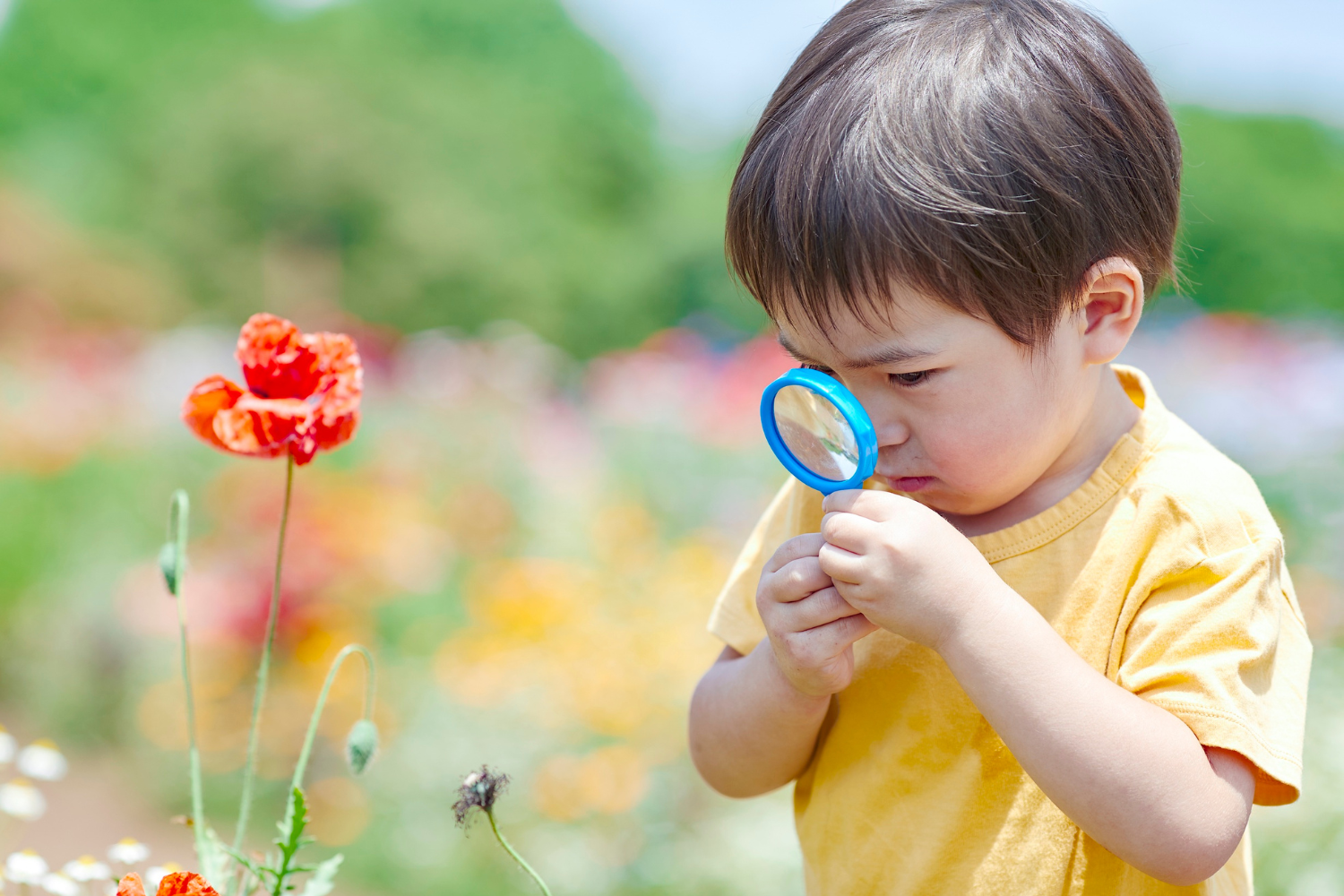Is there anything more frustrating than an ungrateful child?
You put a roof over their head, food on their table, plus everything else they want and need, and they still complain.
We fault the child, but the fault is with us. We overindulge our children, and we coddle our children. There's one more thing we do too; we complain too much!
“We can complain because rose bushes have thorns, or rejoice because thorns have roses.”
It's not easy raising kids in the West without extended family support. Many of us are working overtime, giving us cause for complaint, but complaining in front of our children is a terrible example to set for them.
As you don’t want to deal with whining kids all the time, you will first need to get a handle on your own feelings of overwhelm or discontentment.
At the very least, try not to be verbal about them when your kids are present.
States of mind are contagious; if we complain, our kids will complain. It's a pretty simple equation.
“Do not spoil what you have by desiring what you have not; remember that what you now have was once among the things you only hoped for.”
If you want to create an attitude of gratitude in your home, here's three things you can do to help your children:
Zero Tolerance for Complaining
Do not allow your kids to get into the habit of complaining. If you have a child who is prone to complaining, you want to get on top of this habit and help him correct it. Complaining is a bad habit; if you aim to raise a content child, you have to help him break it.
No, No, and No
Say no to your children's wants. It's common to see children throwing tantrums in stores because the parent says no to something they want.
While it's commendable that they said no, allowing a child to throw a tantrum in the store only shows us that the parent has no control over their child.
Don't be this parent.
The general rule of thumb, according to John Rosemond, is to say no to 75 % of your children's wants and oblige them 25% of the time.
Get your children into the habit of hearing "no," and they will be much more grateful when they get a "yes," from you. It's a matter of supply and demand. If you supply them with a lot of "yes's," they'll be demanding.
Gratitude Ritual
Start an evening gratitude ritual. Before you read bedtime stories to your children, sit quietly in a circle with your children and let each child take a turn expressing three things that he was grateful for that day.
You'll be amazed at the things your kids will think of to say.
Warning: try not to judge the things your kids say they are grateful for. They most likely will not be deep and meaningful expressions of gratitude.
They are kids!
Expect them to be thankful for little things, such as they got to ride their bike or visiting with a friend. Maybe they'll say they're grateful for you!
“Let us be grateful to the people who make us happy; they are the charming gardeners who make our souls blossom.”
What they say isn't important, though; it's the act of reflecting on the blessings and stating them out loud that matters. You are helping your children to develop an attitude of gratitude.
It’s a good habit to acquire, too; the habit of focusing on the roses instead of the thorns. Reflect for a moment on how it affects our outlook when we focus on the good and overlook the bad?
And that makes all the difference.
Don’t miss our free download, Ten Books Every Well-Educated Child Should Read.
Become a Smart Homeschooler to raise smart, ethical, and critically-thinking children. Join the Smart Homeschooler Academy online course and feel secure knowing that you have what you need to homeschool successfully as well as live ongoing support from Elizabeth.
For parents of children under age seven who would like to prepare their child for social and academic success, please begin with our online course, Raise Your Child Well to Live a Triumphant Life.
Elizabeth Y. Hanson is an Educator, Homeschool Emerita, Writer, and a Love and Leadership Certified Parenting Coach with 20 years of experience working in children’s education.
Utilizing her unusual skill set, coupled with her unique combination of mentors, Elizabeth has developed her own comprehensive understanding of how to raise and educate a child. She devotes her time to helping parents get it right.
☞ Disclaimer: This is not a politically-correct blog.
















